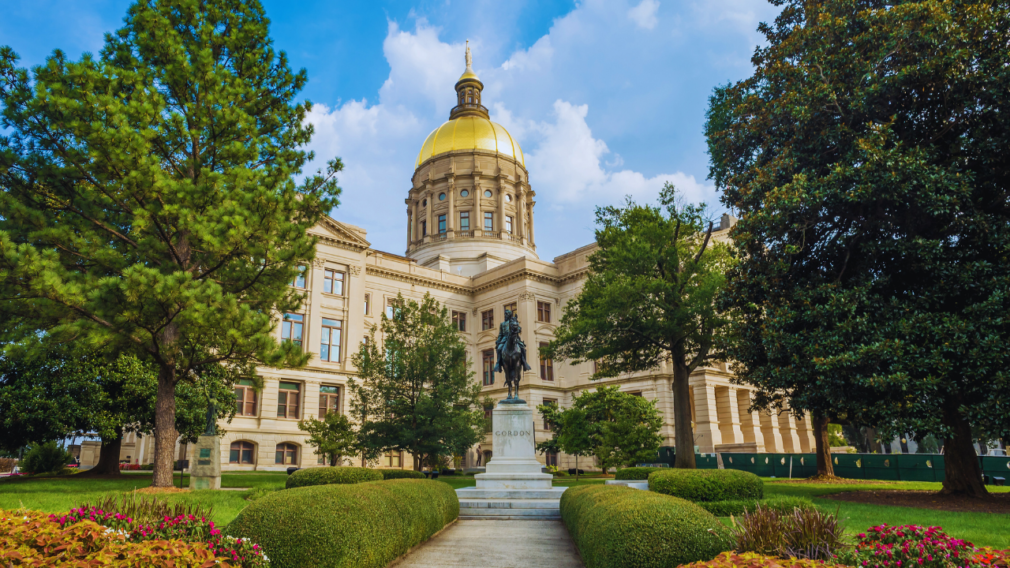Georgia Lawmakers to Tackle Online Sports Betting in Upcoming Gambling Hearings
A special Georgia House committee will turn its attention to online sports betting and horse racing this fall as it continues its comprehensive review of expanding legal gambling in the state. The upcoming meetings are a critical step in a process that could lead to a statewide ballot referendum on the issue in 2026.

A Decades-Long Debate Rekindled
The House Study Committee on Gaming, which held its first meeting in late July, is tasked with evaluating the pros and cons of legalizing various forms of gambling.
Georgia is one of only four states with no legal commercial gaming of any kind, and the current push represents the most significant effort to change that since the state lottery was created.
The committee’s initial hearing focused primarily on the potential for land-based casino resorts. Future meetings, likely to begin in late August, will dive into the specifics of online sports betting and pari-mutuel horse race wagering. The bipartisan group of lawmakers has a deadline of December 1 to produce a report with its findings and legislative recommendations.
The Path to Legalization: A Constitutional Hurdle
Any significant expansion of gambling in Georgia would require a constitutional amendment. This is a high bar, requiring a two-thirds vote in both legislative chambers before the question can even be put to the state’s voters. If lawmakers can reach a consensus, the earliest a referendum could take place is the November 2026 general election.
A resolution to legalize sports betting, sponsored by committee chairman Rep. Marcus Wiedower, remains active from the last legislative session and could be revived. His proposal includes 16 online licenses and a 24% tax rate on revenue.
A Clash of Economic Promise and Social Concern
The debate in Georgia is a classic clash between potential economic benefits and social costs. Proponents, including the state’s major professional sports teams and the Metro Atlanta Chamber of Commerce, point to massive potential revenue. Previous estimates have projected that legal gambling could generate up to $500 million in annual tax revenue for the state.
On the other side, conservative and religious groups warn of the potential for social harm. Mike Griffin of the Georgia Baptist Mission Board cautioned against the risks of increased crime, addiction, and bankruptcy. He argued that for every dollar of revenue, the state could spend three to five dollars addressing the resulting social problems.
The formation of the study committee signals a more deliberate and measured approach to the issue than in previous years. The committee will hold at least four public hearings across the state, gathering input from experts and the public to determine the most viable path forward.
Rep. Wiedower has framed the effort not as a promotion of gambling but as a way to “regulate and put guardrails” on activity that is already happening in unregulated forms. As Georgians continue to cross state lines to place legal bets and access unregulated offshore sites, the pressure on lawmakers to create a safe, legal, and taxed in-state option is only growing. The committee’s work this fall will be the clearest indication yet of whether the state is finally ready to join the rest of the country in the era of legal gambling.
Recommended
